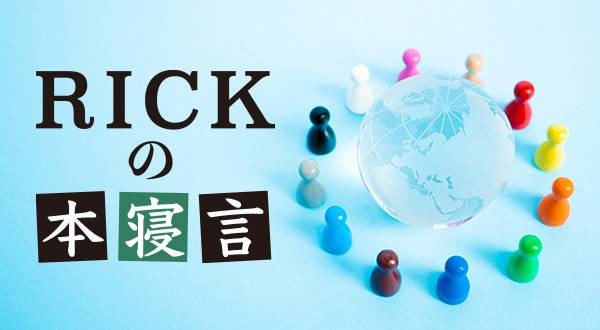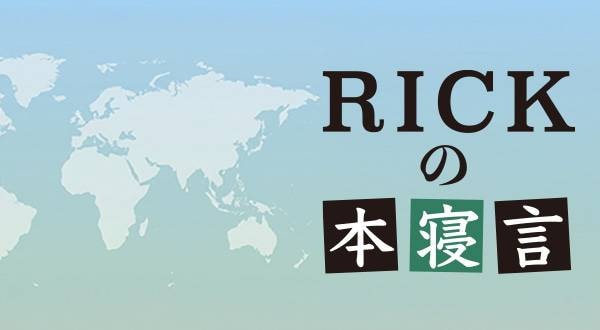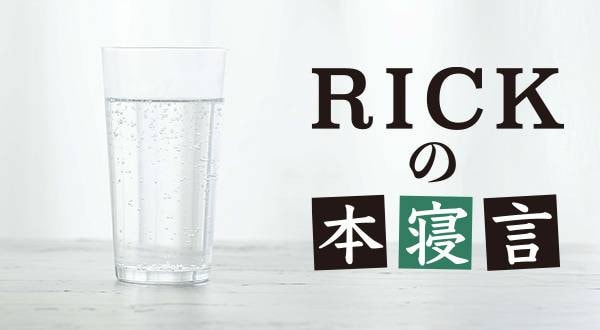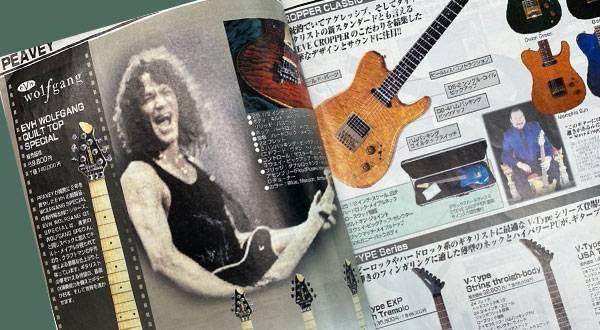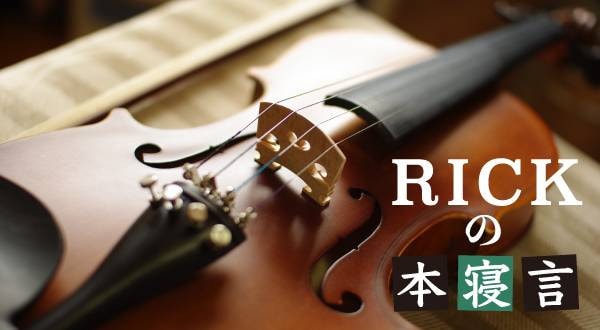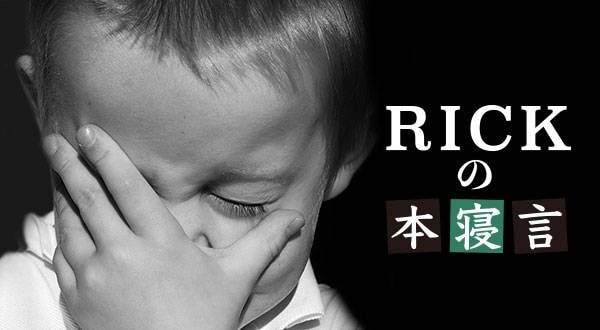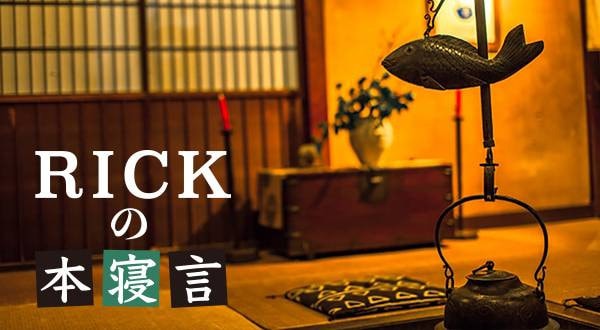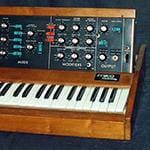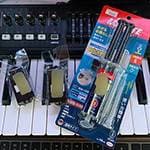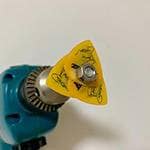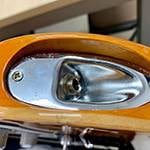I am writing this article while I’m sitting in a train going to Onagawa with heavy snow falling outside. After a year of negotiations with the town of Onagawa, the former Onagawa Junior High School building will finally be owned by Sound House starting in March of this year. It’s a great responsibility because it is one of two buildings that remained standing after the Great East Japan Earthquake/Tsunami, and it is a place where the townspeople’s thoughts and feelings still linger. Nevertheless, the future of this new developing business is indeed unpredictable. Still, I decided to move forward with having faith in Onagawa.
“Why did you buy the Onagawa Junior High School building?” - I can almost hear our employees asking me this question. “Traveling back and forth between the Tokushima office and the Narita office is already hard enough, but now we have to travel all the way up to Onagawa in the Tohoku region? That’s a heavy load to take on, isn’t it? It’s also a huge investment, isn’t it? We don’t have enough employees to go up there as well. You should improve the working conditions of the existing offices in Narita and Tokushima.” - I had no choice but to let it go.
There was only one reason for coming up with this idea in the first place. If successful companies do not move into these underpopulated communities to promote employment and take the time to interact particularly with the younger generation, most Japanese towns will disappear in a hundred years. Just when I started thinking about these social issues, I happened to meet some people from Onagawa, and the request for support that Sound House could offer the people of Onagawa encouraged me to go.
The reason I founded Sound House was to simply help people. I never wanted to make it a big company. I merely hoped to help those in need and create jobs so that people can make a living to some extent. Therefore, the story about Onagawa has something in common with my initial beliefs. If Sound House can be of any help to society, I can be happy. As the founder of this company, I not only want to extend a helping hand, but I want to do my best. This is Rick’s way.
Providing free music lessons for children as a way to revitalize Onagawa as a “Town of Music” and promoting employment in the town while developing an online store may be more difficult than creating a “Wadajima Town” in Komatsushima, Tokushima. Onagawa, after all, has no industry other than fishing and nuclear power plants. Moreover, although the town may look new, there is almost no housing for our employees to live in. Children leave Onagawa when they enter high school, and many of them never return. Without jobs or a feeling of attachment to the town, it is hard to find reasons for these children to return to where they grew up.
Therefore, with the passion of the people of Onagawa, I would like to start the Onagawa Project. Looking at tangible evidence of regrowth, Onagawa has been reborn into a beautiful hometown for the people native to the area thanks to generous public funding allocated for reconstruction. The adults who are optimistic about the future of Onagawa are coming back to the town little by little. The number of children is increasing, and now around 200 elementary and junior high school students are attending school in Onagawa. So now, we should focus on the intangible side to satisfy the energetic souls of children, and I consider music to be the fuel for this project. The mission given to Sound House is clear.
The project is now underway with the hope that everyone, from children to adults, will proudly believe that Onagawa, the “Town of Music”, is an amazing place. I hope that as many people as possible will also share this desire with us.
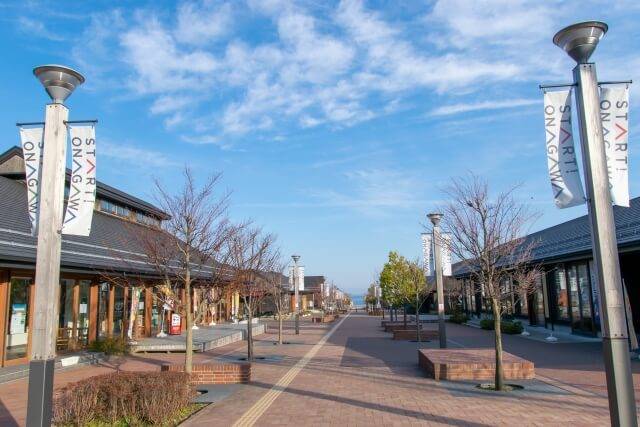
Seapal-Pier Onagawa in front of Onagawa Station







